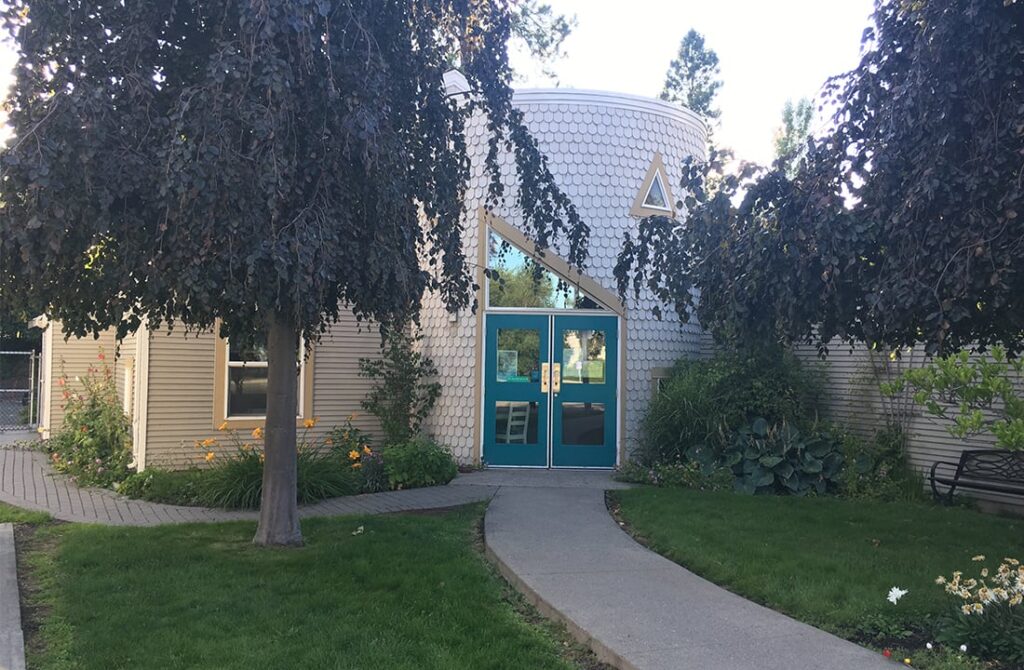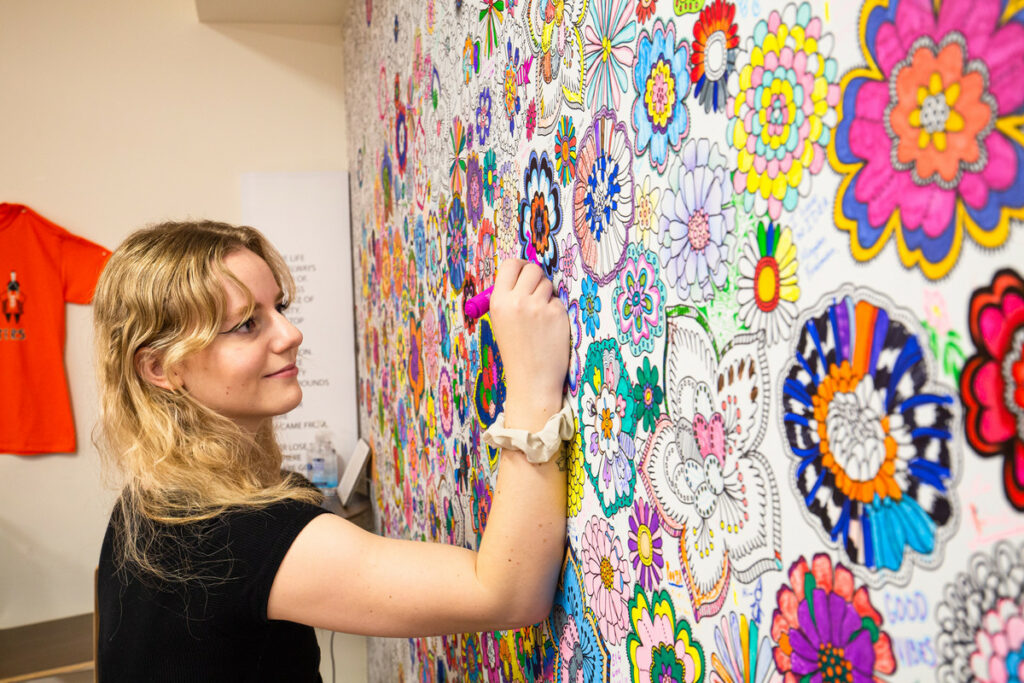
When exploring the post-secondary setting, there are many words and phrases that may be new to you. It can be intimidating when you read that email, blog post, or information page and don’t know what it means. I remember in my admission process and even my first year of studies, I encountered a few things that I had no idea about. It took a while for me to catch on. But fear not! This guide will help you overcome any issues you may have with university lingo, and hopefully act as your own personal dictionary going forward.
The Future Students Office
Open House: An event held by the Future Students Office in the Fall and Spring to introduce prospective students to TRU, inform them about and orient them with TRU programs and services. A super fun event where you can go to program information sessions, browse a resource fair, or attend a campus tour! 10/10 recommend.
Future Student Ambassador: A current TRU student who works with the Future Students Office to present to you what student life really looks like and showcase why we love TRU.
Future Student Advisor: A member of the Futures Students Office who travels around to present at high schools and attend fairs and events where they can connect with future students. These Advisors also meet with students to help them through the admission process and are available to answer any questions! (If you would like to make an appoint with a Future Student Advisor, click here).
Qelmúcw (Indigenous) Future Student Advisor: Another member of the Future Students Office and very similar to a Future Student Advisor but focuses on working with Indigenous students and First Nations Bands. (If you would like to make an appoint with a Qelmúcw (Indigenous) Future Student Advisor, click here).

Programs and Admissions
Domestic: A student who is a Canadian citizen or permanent resident.
Undergraduate: A program that is pursued after high school but before graduate studies. Includes certificates, diplomas, associate and bachelor degrees.
Degree: Also known as the 4 year program, although that’s outdated and simply not true anymore. A degree typically requires 120 credits and can be done in as little as 4 years. Examples include the Bachelor of Arts, Bachelor of Science, and Bachelor of Business Administration.
Diploma: A diploma typically requires 60 credits and can take as little as 2 years to complete. Examples include Human Service Diploma and Police and Justice Studies Diploma.
Certificate: A certificate typically requires 30 credits and can take as little as 8 months to complete. Examples include Education Assistant and Community Support, Health Care Assistant, and Adventure Guide.
Major: A program of study in a degree program where the student specializes in a particular field in the final two years and obtains the degree in that specialty.
Minor: A program of study accompanying a major program, where the student specializes in a second field.
Registration
myTRU: TRU’s student portal. All your information can be found on mytru.ca. You can access your application status, student email, Moodle, finances, registration, and much more.
Tuition Deposit: Either a $300 or $500 deposit that a student must put down to reserve their seat in their program. The tuition deposit must be paid every year before registration.
Timetabling: The act of preparing your course schedule for the semester in mytru. This can be done before course registration or during the registration period for that semester. For more info on how to timetable, check out our blog “How to Timetable Like a Pro”.
Waitlist: Some courses fill up very fast, but there is usually a waitlist where if somebody who got a seat decides to leave the course, the next person on the waitlist will be offered it in a first come, first served manner. See more about waitlist procedure here.
Finances
Tuition: The amount of money a course is worth based on its credit value. This will be combined for all your registered courses for the semester you are paying for. Fun fact – TRU has some of the lowest tuition!
Scholarship: A non-repayable sum of money given to a student based on their academic achievement. For more information on scholarships and how to apply to them, click here.
Bursary: A non-repayable sum of money given to a student based on academics, extracurricular involvement, and financial need.
Loan: A sum of money given by governments or banks to a student that must be repaid in full, sometimes also with interest. Fun fact – BC student loans do not gain interest!
Sponsorship: Funding given to a student from their First Nations Band in accordance with that Band’s policies and procedures.
For mor info on funding your studies, visit TRU’s page on funding your education.
TRU Services and Opportunities
Academic Advising: A team of advisors ready to assist you with course planning and registration. They advise, you decide.
Co-op: A program run by Career and Experiential Learning that allows students to go on work terms in their degrees or diplomas to gain experience in their industry and earn credit.
Work Study: A program run by Student Awards and Financial Aid that allows students receiving government aid to hold a job on campus in one of TRU’s offices or departments while earning minimum wage.
Student Services: A group of services there to help students with student life. Includes Counselling, the Wellness Center, and the Multi Faith Chaplaincy.
Academic Services: A group of services ready to help students with anything academic related. This includes academic advising, the Writing Center, Accessibility Services, and the Math Help Center.

I hope that this guide will help you in your future endeavours with TRU. Don’t be afraid to reach out to the Future Students Office if you have any questions!
TRU Future Student Ambassador, Abby – Bachelor of Arts, “What Does That Mean? Terms and Definitions You May Want to Know“, 18 Jan. 2023

